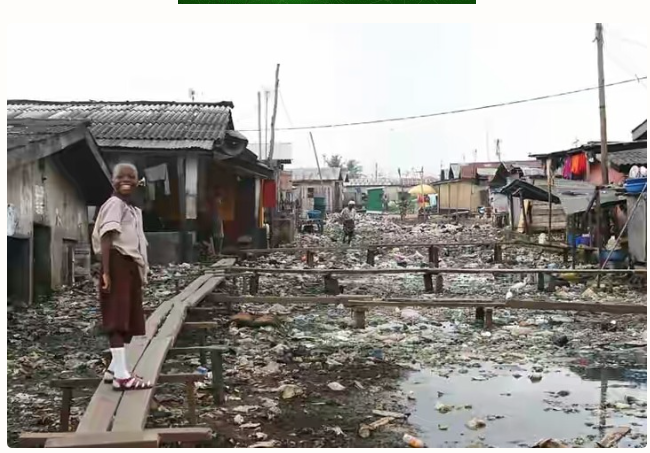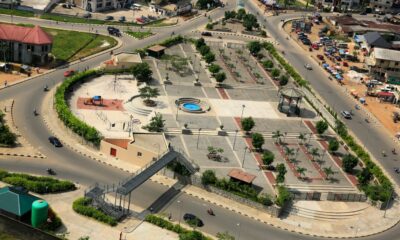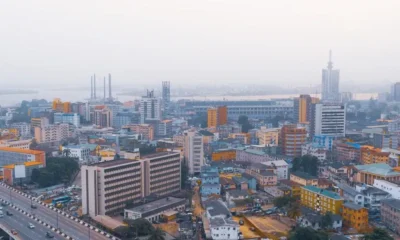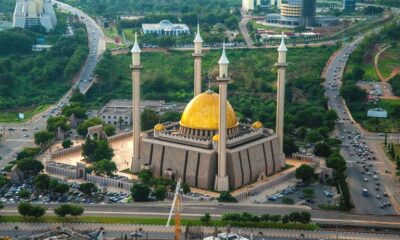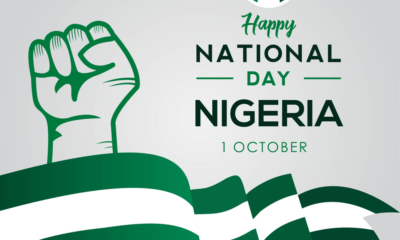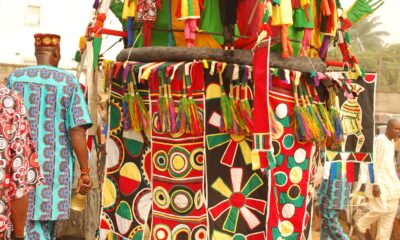No fewer than 58 million Nigerians still live below the poverty line, so says National Social Safety net program (NASSP), office of the vice president.
This is in spite of Federal Government’s efforts to reposition the economy through various programmes.
Coordinator of NASSP, Mr. Peter Papka, stated this in Lafia, Nasarawa State, during a three-day training programme on community based targeting for identification of the poor and vulnerable people in Nasarawa organise by NASSP in partnership with Nasarawa State Government.
Papka said that the distribution of the nation’s resource has not translated into diversification of the sources of income for most families, adding that the community-based single register of the poor and vulnerable is aimed at reducing extreme poverty in the country.
Represented by the head of National Social registry, Mr. Vicent Oriokpa, Papka said the single register was established on the basis of a well-thought out community based targeting approach where communities would be able to identify poor households in the communities.
In Nasarawa State, Papka said six poorest local government areas were selected base on poverty index, while 18 participant representing 108 communities in those councils are participating in the training.
He noted that the programme would enable the Federal Government to fulfill its obligation of providing succour to the citizenry, especially the poorest and vulnerable ones.
The selected local governments for the program in the state are Kokona, Akwanga, Nasarawa, Awe, Lafia and Wamba.
He added that the Federal Government, through NASSP, was building strong institutions and systems to sustain poverty reduction interventions.
Speaking while declaring the training open, Governor Umaru Tanko Al-makura said the social intervention programme as articulated by the Federal Government was in conformity with his quest to liberate the people of the state, especially the downtrodden from excruciating poverty.
Represented by commissioner for information, Alhaji Abdulramid Kwara, Governor Al-Makura said his administration had designed a welfare programme aimed at achieving social safety nets in the state, noting that free education from primary to secondary school his government has offered among other programs is a step towards poverty reduction.
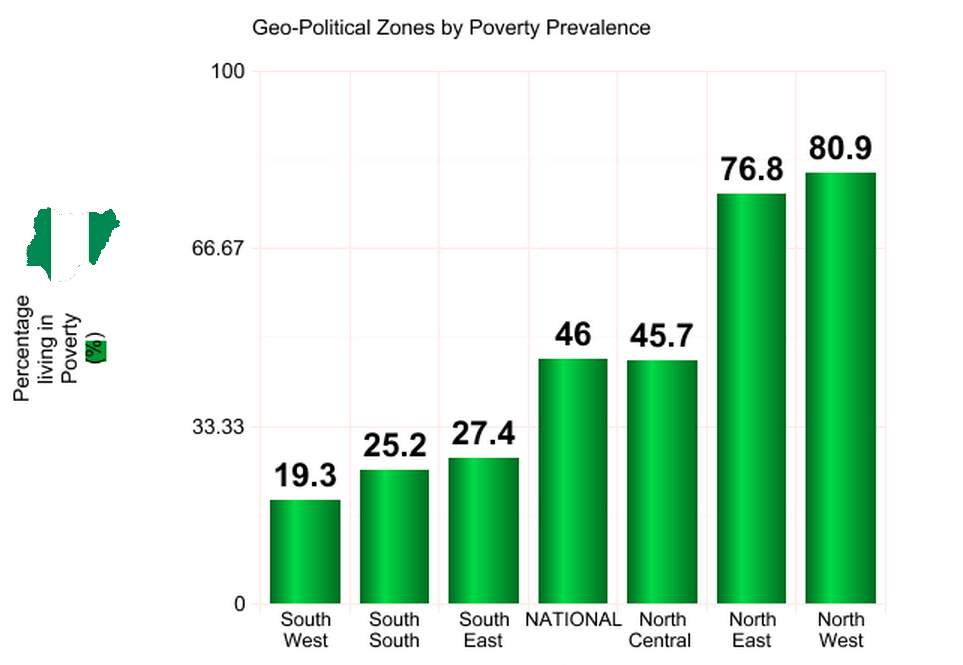

 MUSIC6 days ago
MUSIC6 days ago
 FAB FRESH5 days ago
FAB FRESH5 days ago
 NEWS6 days ago
NEWS6 days ago
 LIFESTYLE6 days ago
LIFESTYLE6 days ago
 ENTERTAINMENT6 days ago
ENTERTAINMENT6 days ago
 ENTERTAINMENT5 days ago
ENTERTAINMENT5 days ago
 ENTERTAINMENT6 days ago
ENTERTAINMENT6 days ago
 BEAUTY6 days ago
BEAUTY6 days ago

